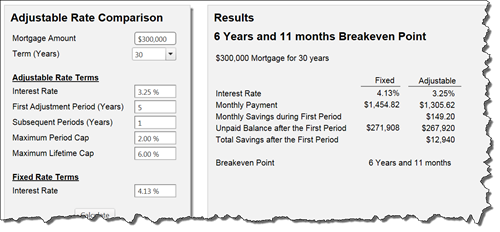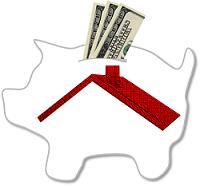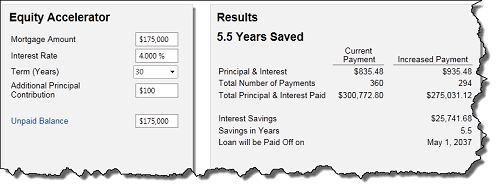Don't Consider Appreciation or Tax Savings
Don't Consider Appreciation or Tax Savings
Appreciation and tax savings are legitimate contributors to an overall rate of return on rental real estate but what if you didn’t consider them at all. If you only looked at one or two, very conservative measurements, you might decide to invest especially knowing that there are more benefits that will accrue to your investment.
If we bought a property for cash, collected the rent and paid the expenses, the amount left would be called Net Operating Income. In the example below, if would generate $7,200 a year which would be a 7.02% cash on cash rate of return which is considerably higher than the current 10 year treasury rate of around 2.3%.
If we place a mortgage on that property, the rate of return actually increases due to leverage. After the principal and interest are paid, the net operating income obviously decreases but the cash on cash rate of return increases to 9.10% because the borrowed funds means less cash invested.
Another contribution to the investment’s rate of return occurs with the mortgage due to amortization: the principal reduces with each payment made which increase the investor’s equity. In this example, the equity build-up divided by the initial investment yields a 5.25% rate of return in the first year.
Single family home for rental purposes offer the investor high loan-to-value mortgages at fixed interest rates for long terms on appreciating assets with tax benefits, reasonable control and an opportunity to earn higher than normal rates of return. Call if you'd like to talk about what kind of rental opportunities are available.
| Cash | Mortgage | |
| $100,000 | Price | $100,000 |
| 2,500 | Acquisition Costs | 2,500 |
| 12,000 | Rent | 12,000 |
| 2,500 | Property Tax | 2,500 |
| 800 | Insurance | 800 |
| 900 | Maintenance | 900 |
| 0 | 80% Mortgage @ 5%/30 - P&I | 5,154 |
| 7,200 | Net Operating Income | 2,046 |
| 7.02% | Cash on Cash ROI - year 1 | 9.01% |
| 0% | Equity Build-up ROI - year 1 | 5.25% |








